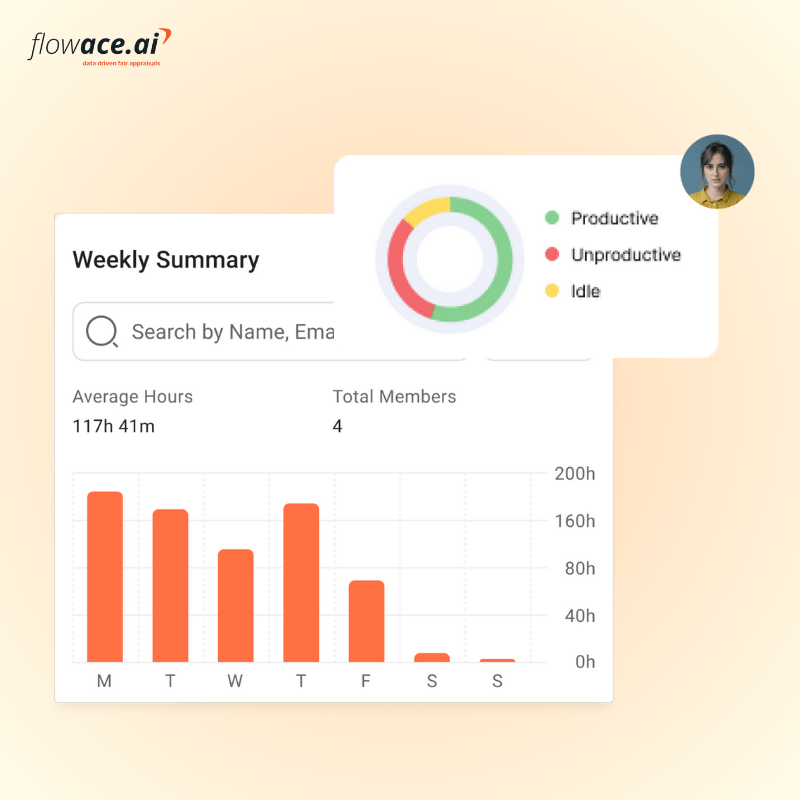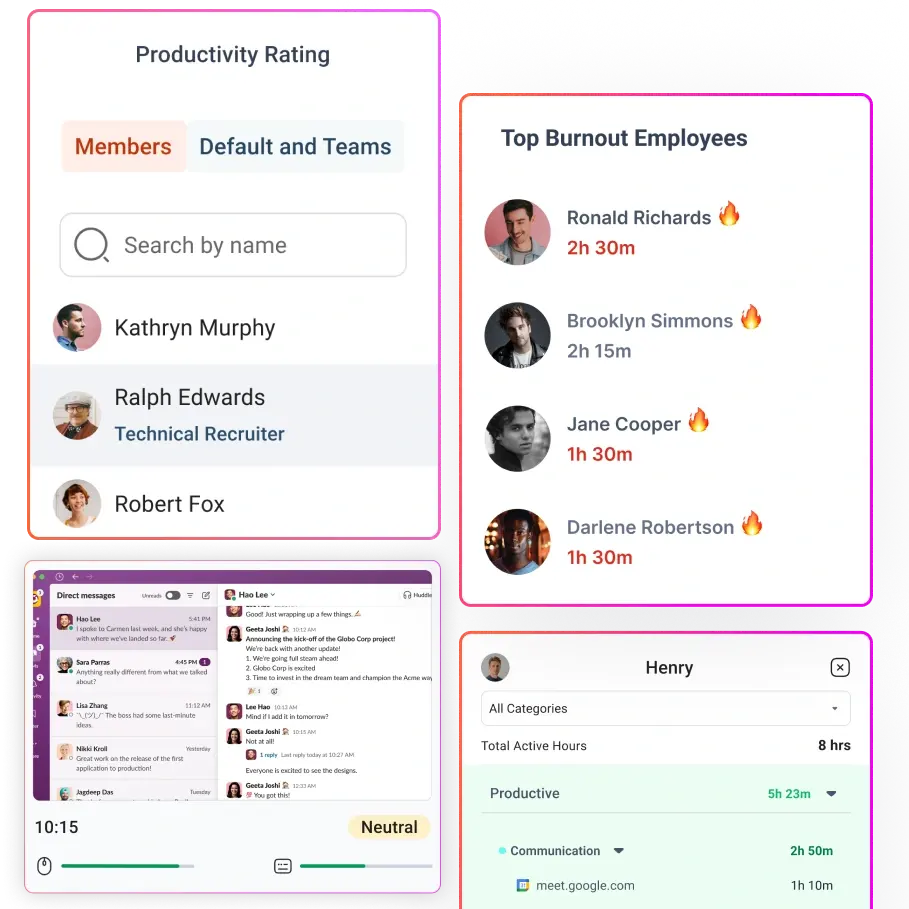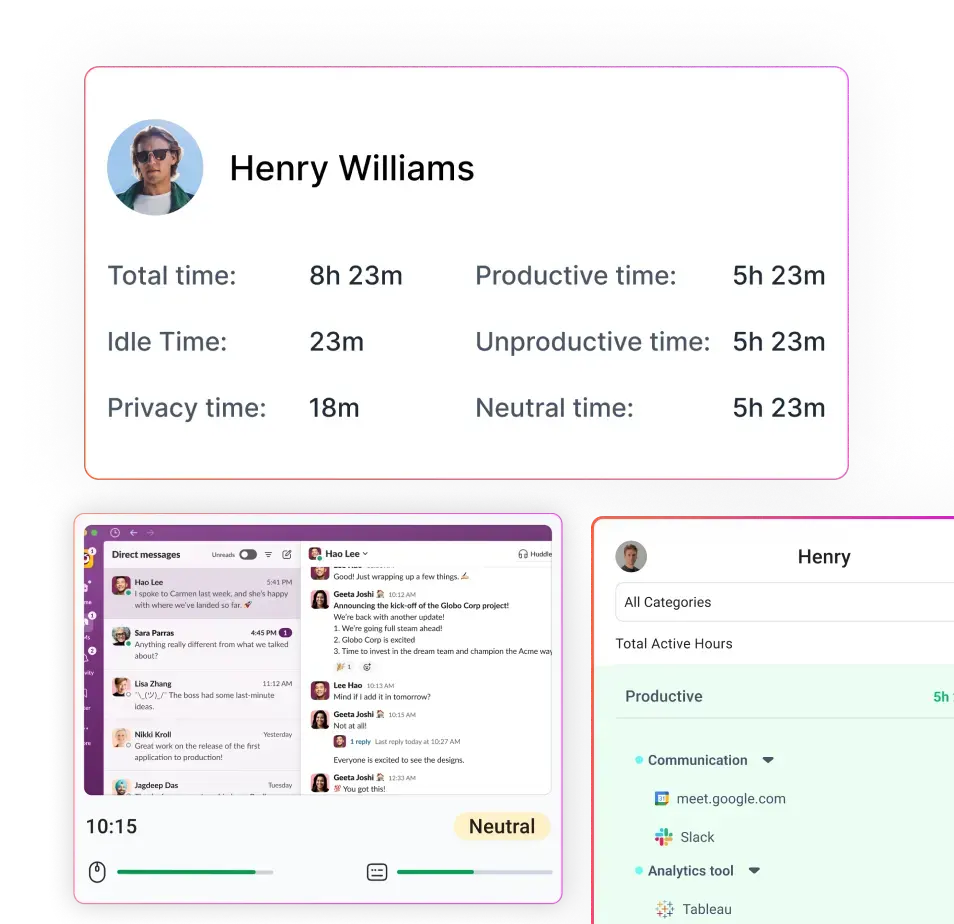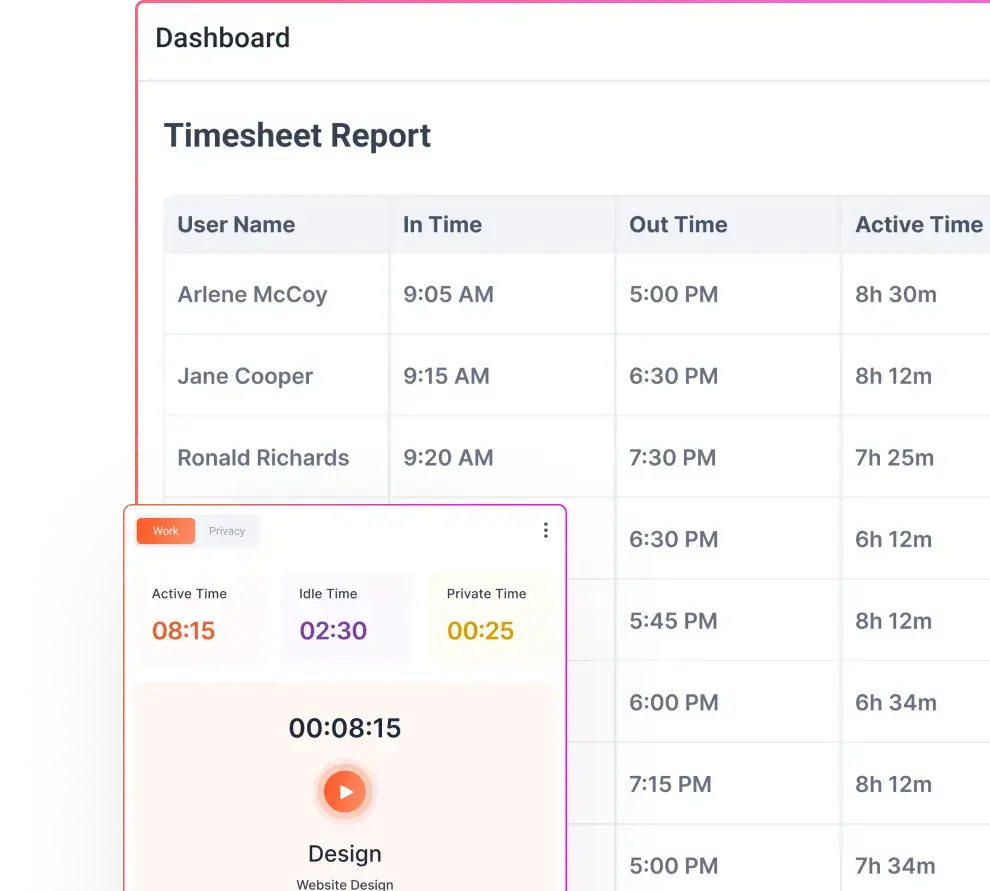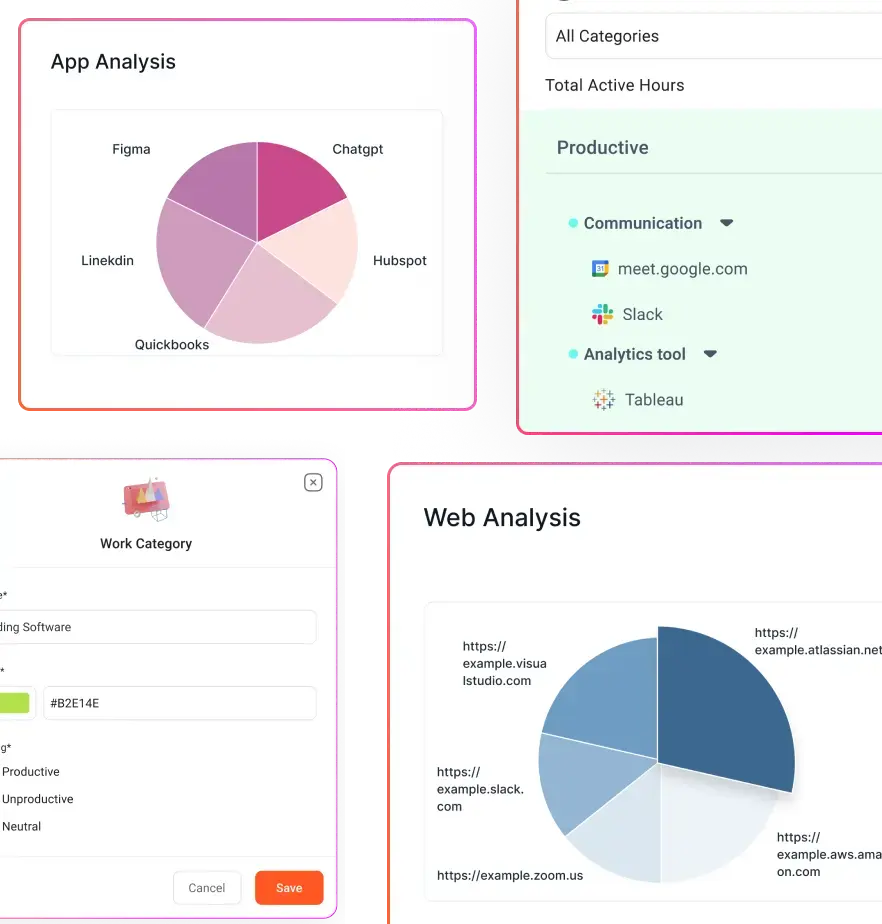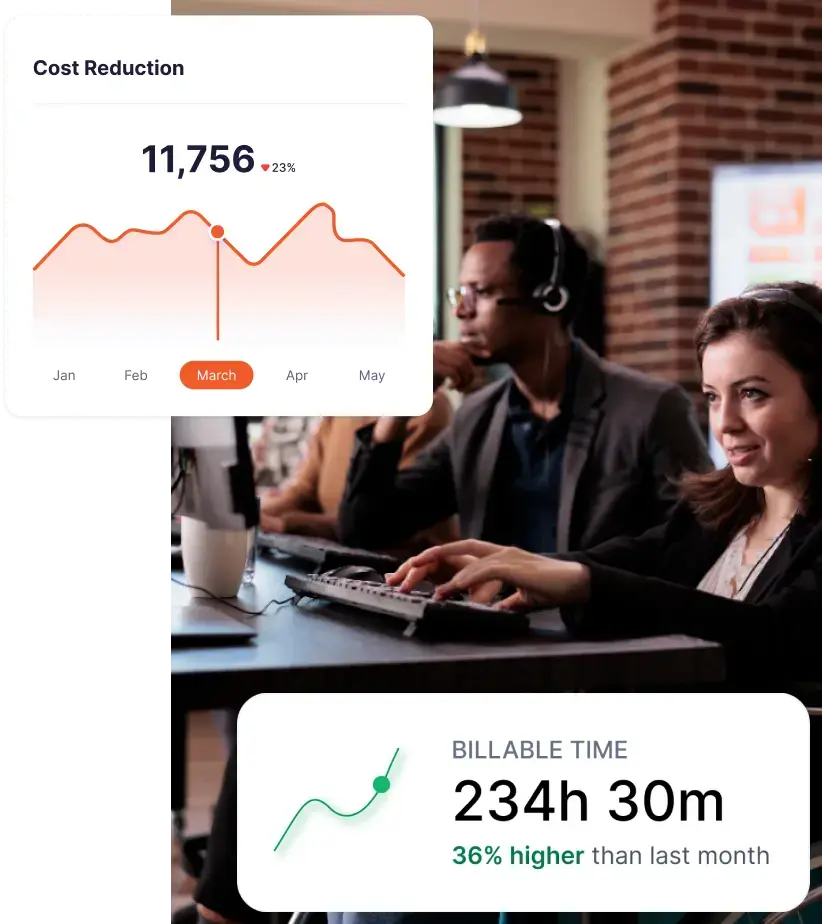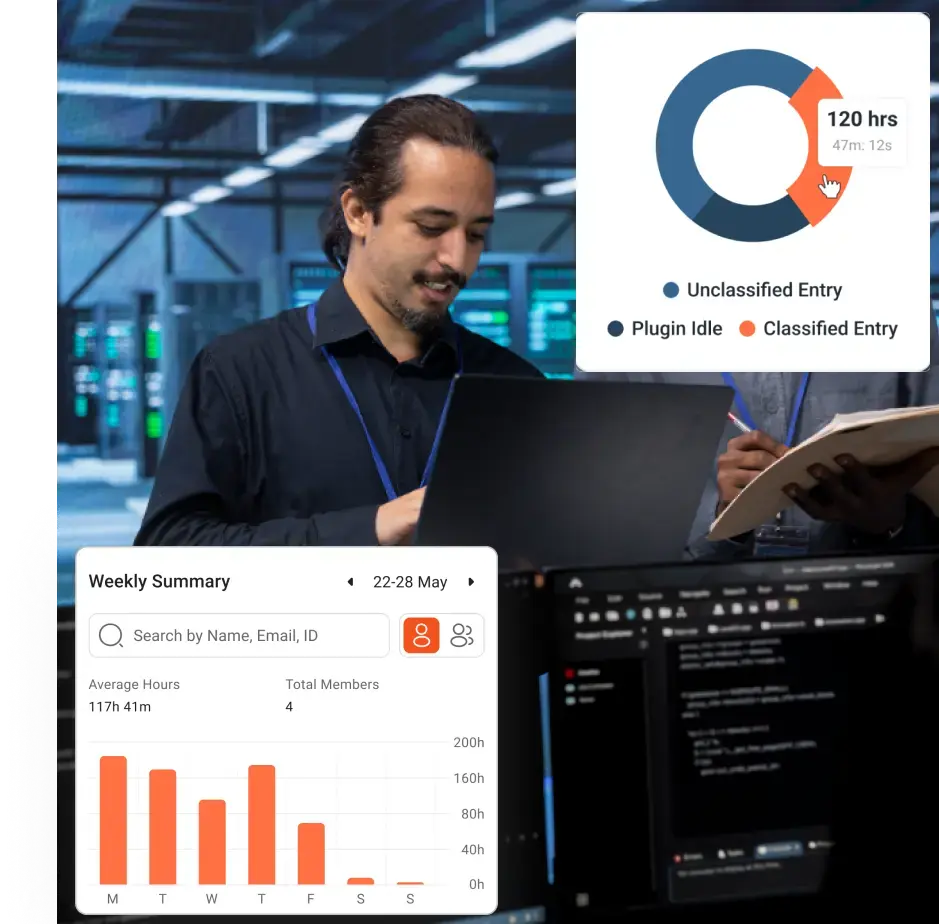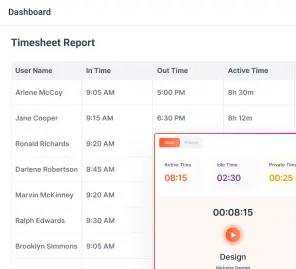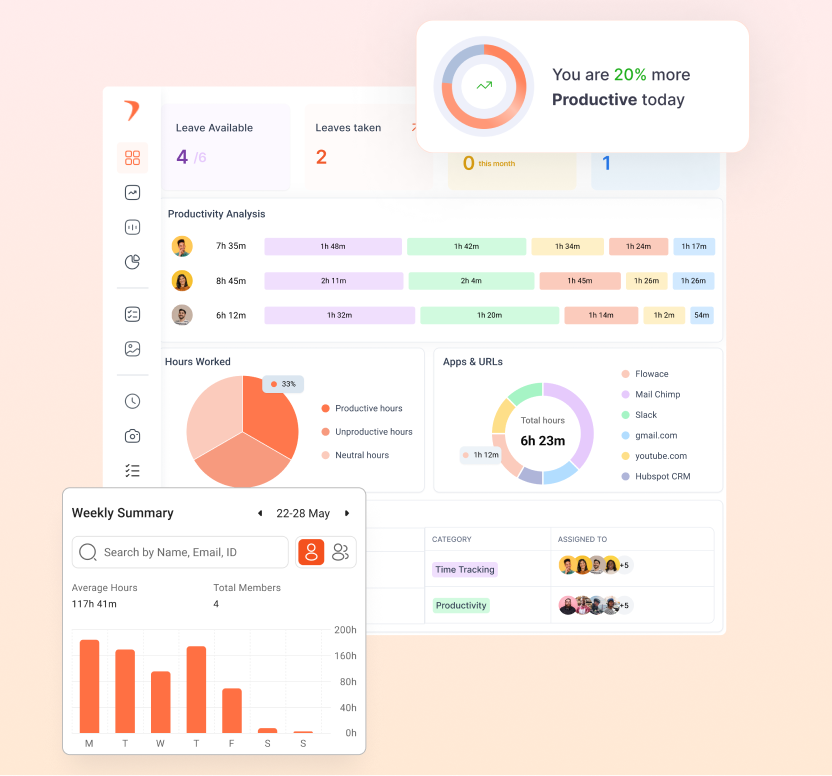What’s the average salary in Japan?
Japan is a popular destination for job seekers. The country has a strong work ethic, diverse industries, and a commitment to excellence.
There are ample opportunities for career growth and innovation, from traditional sectors to advanced fields. A recent report from Japan’s Ministry of Health, Labor and Welfare found that 52,038 foreigners are working in the IT industry in Japan.
Moreover, living in Japan offers a rich cultural experience and a balance between tradition and modernity, making it an appealing choice for professionals who are looking for both professional and personal fulfillment.
As we discuss the intricacies of Japan’s employment landscape, let’s explore the average income of Japanese people, the minimum wage in Japan, Tokyo, and other regional details.
Average salary in Japan
Japan’s average monthly salary is around 515,000 Japanese yen. Average salaries range from 130,000 yen to 2,300,000 yen.
In Japan, the pay is based on the years you’ve worked for a company and how long you have worked there.
As of May 2023, the average annual salary in Japan is 6,170,000 Japanese Yen (JPY) or around 45,453 USD.
Doda suggests that men in Japan earned 4.64 million yen on average in 2023, an increase of 150,000 yen from 2022. Women earned, on average, 3.56 million yen in 2023, an increase of 90,000 yen.
Boost by 31% using the innovative solution by Flowace!
Get Started for FreeMedian Salary in Japan
In 2024, the median salary in Japan will be 471,000 JPY (3,470 USD).
The median salary divides the working population in half, showing that 50% of the Japanese earn more than the median income, and the other half earn less.
Minimum Wage in Japan
Japan follows a 40-hour workday, and each region’s Regional Minimum Salary Council establishes the minimum hourly salary for workers.
Japan’s current nationwide weighted average minimum wage is 961 yen. Tokyo workers receive Japan’s highest minimum salary of approximately 985 JPY (8.5 USD) per hour in Tokyo.
Average Income of Japanese Based on Cities
| City | Average Salary |
| Tokyo | 574,000 yen |
| Yokohama | 564,000 yen |
| Osaka | 555,000 yen |
| Nagoya | 545,000 yen |
| Fukuoka | 526,000 yen |
| Kyoto | 505,000 yen |
| Kawasaki | 495,000 yen |
| Saitama | 486,000 yen |
| Hiroshima | 476,000 yen |
| Okinawa | 390,000 yen |
Average Salary in Japan Based on Industry
| Industry | Average Salary |
| Finance and Accounting | 6,360,000 JPY |
| Education | 6,550,000 JPY |
| Real Estate | 6,990,000 JPY |
| Science and Technical Services | 8,270,000 JPY |
| Medical and Health Care | 9,220,000 JPY |
| HR Manager | 6,013,112 JPY |
| Software Engineer | 22,554,000 JPY |
Source: https://www.payscale.com/research/JP/Country=Japan/Salary
Average Salary in Japan based on Experience
| Years of Experience | Salary Increase |
| Less than 2 years | Starting Salary |
| 2-5 years | 32% more than less than 2 years |
| 5-10 years | 36% more than less than 5 years |
| 10-15 years | 21% more than less than 10 years |
| 15-20 years | 14% more than less than 15 years |
| Above 20 years | 9% more than less than 20 years |
An Overview of Japan’s Economy
According to the salary analysis ASIS report,
- Nominal GDP: USD 4.4 trillion
- Real GDP growth: 1.7% (2021), 1.7% (2022), 1.6% (2023)
- Per capita GDP: USD 39,243
- Consumer price inflation: 2.0% (2022), 1.4% (2023)
- Total population: 125 million
- Workforce: 68 million
- Unemployment: 2.6% (2022), 2.4% (2023)
Average Salary Increment in Japan
Employees receive an average salary increment of about 8% every 16 months. However, these increments may vary based on industry, profession, and individual experience.

Education Level
People with a Certificate or Diploma can expect a 17% higher average salary in Japan than those with only a High School diploma. Upon gaining a Bachelor’s Degree, a further 24% rise in the average salary is to be expected. People with a Master’s Degree earn 29% more than those with an essential Bachelor’s degree.
Qualifications and Experience
Consulting firms, specialist offices, and audit companies accounted for most of the top 20 income-earning occupations. Regular appraisals (about every 16 months) increase salary in Japan. These increments vary between industries:
- Education: Around 2%.
- Healthcare: The approximate average is around 5%.
- Banking: 8%
Boost by 31% using the innovative solution by Flowace!
Get Started for FreeProfession
The highest-paying jobs mainly include banking, technology, and medicine. Investment banking, software engineering, and medical areas such as neurosurgery pay some of the highest wages due to their high demand and specialized knowledge. “”Japan’s entrepreneurship scene is also gaining some steam in the last 24 months, attracting tons of high-quality talent from across the globe,”” says Gillian Bell, VP of Growth at Comfrt.
On the other hand, the lowest-paying professions include entry-level jobs in retail, hospitality, and certain administrative functions, such as cashiering, wait staffing, and basic administrative support positions.
In today’s fast-paced work environment, maximising productivity is critical to any business’s success. One of the most efficient methods to accomplish this is through time management.
Enter Flowace, a time-tracking and productivity solution that helps businesses measure employee work hours, increase productivity, and guarantee tasks are completed efficiently. With the growing demand for both in-office and remote work, Flowace has emerged as a crucial tool for companies looking to improve accountability, transparency, and overall employee performance.
Flowace tracks employee work hours in real-time, delivering precise data on time spent on activities. This ensures that every minute is accounted for, allowing organisations to make more precise billing, payroll, and scheduling decisions.
Conclusion
Japanese companies are increasingly competitive globally, emphasizing research and development, particularly in areas like robotics, AI, and renewable energy.
Further, government policies aimed at deregulating and fostering entrepreneurship have created a more conducive environment for startups and small businesses to thrive. However, challenges such as an ageing population, rigid corporate structures, and global economic uncertainties persist.
Overall, Japan’s evolving business presents opportunities and challenges as the country continues to adapt and innovate in the global economy.
FAQs
What is the hourly wage in Japan?
Japan’s current national weighted average minimum wage is 931 yen per hour. This figure increased to 961 yen on April 1, 2023. Notably, workers in Tokyo earn the highest minimum wage in Japan, approximately 985 JPY (8.5 USD) per hour, comparable to other high-income international cities like Hong Kong and Seoul.
What is the average salary in Japan?
The average monthly pay in Japan varies depending on job location, experience, education level, and industry. Employees in Japan earn an average of 515,000 Japanese Yen (JPY) per month, which equates to approximately 3,794 USD. This value includes additional advantages such as housing and transportation.
New graduates joining Japanese organizations can earn roughly 250,000 JPY per month before tax, whereas mid-career professionals can make around 500,000 JPY monthly.
What is a livable wage in Japan?
A livable salary for an individual in Japan would be around 400,000 JPY per month (approximately 3,700 USD). This amount should cover basic needs such as rent, utilities, food, and transportation, with some room for leisure activities or savings.
What is the minimum wage in Japan compared to the US?
The minimum wage in Japan ranges from 5.80 USD per hour to 7.85 USD per hour. However, individual states in the US have the authority to set their minimum wage, and many have done so, resulting in varying rates across different states.



